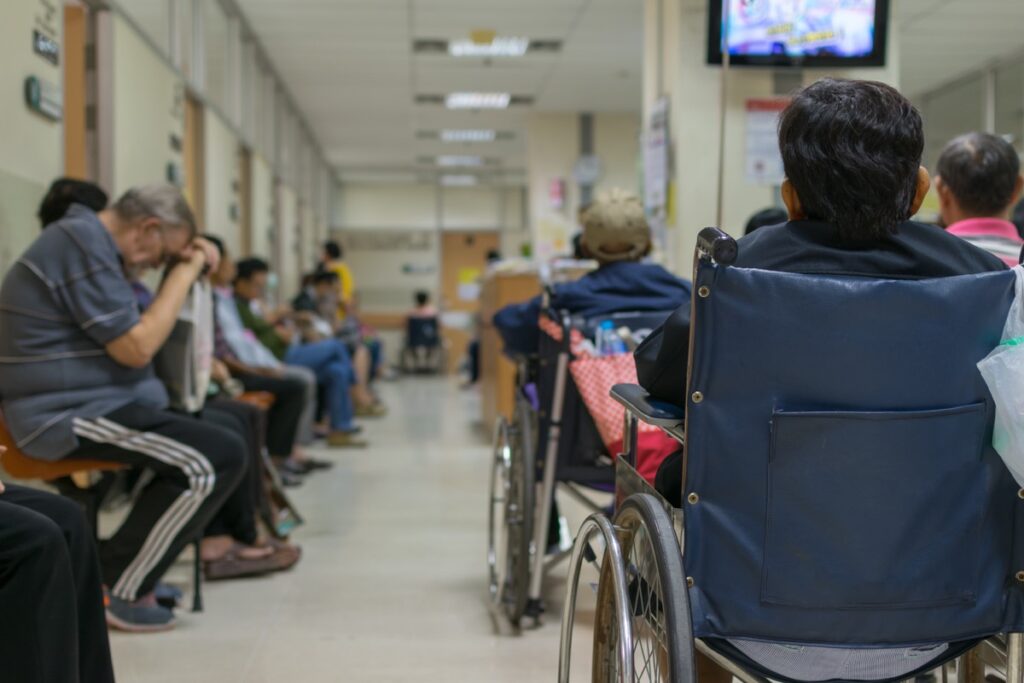
Hospitals remain under significant pressure with bed occupancy at the second highest level recorded this winter last week, new figures show on 19th January.
More than 19 in 20 beds were occupied across adult general and acute hospital wards (95.7%) in the week ending 15 January, according to the weekly statistics.
Over 14,000 beds were taken up by patients who no longer needed to be there last week – the second highest ever recorded and 12% higher than the same period last year (12,498).
The NHS continues to manage high numbers of patients in hospital who have flu with an average of 3,447 beds occupied each day by people with flu. (3,226 were in general and acute beds and 221 in critical care beds).
However, the latest data indicates that flu numbers in hospital have fallen over the last two weeks, down from 5,441 in the week ending 15 January.
While pressure remains high and the NHS continues to see more than 10,000 patients arrive by ambulance to A&E each day, hours lost to ambulance handover delays dropped by over three fifths (36,369 hours to 13,921) over the last week.
NHS staff are pulling out the stops to deliver elective care for patients with the covid backlog reducing by nearly 30,000 patients (27,012) in the latest monthly figures.
The latest data also shows 17.2 million Covid jabs and 20.4 million flu jabs have been administered, with around four in five people aged 65 and over, as well as more than three in five of those aged 50 to 64 receiving their flu vaccine.
The NHS prepared extensively for this winter by rolling out 24/7 system control centres, creating thousands more beds and recruiting hundreds more call handlers.
NHS National Medical Director, Professor Sir Stephen Powis, said: “These figures show that the NHS remains under significant pressure – with near record highs of people in hospital who are medically fit to leave and a high number of beds occupied in hospitals across England.
“The NHS has done extensive preparation for this winter – rolling out extra beds, falls services and nationwide 24/7 control centres to track and manage demand.
“The public can also help by using the best services for their condition – 999 in an emergency and otherwise 111 online, and there is still time to getting vaccinations if eligible.”















